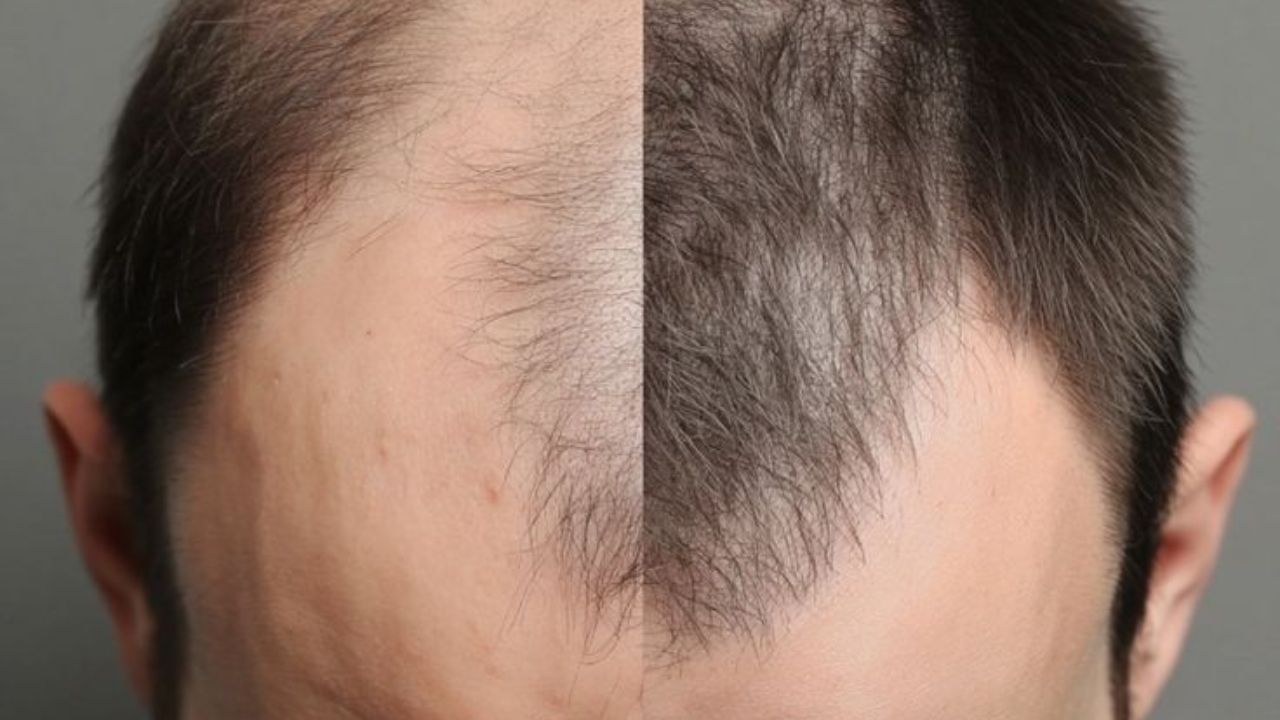New Delhi: There has been a surge in hair transplants in recent years, with many people opting for hair transplants due to a lot of scalp issues or hair loss. It is a sought-after cosmetic procedure done to prevent any further hair loss and apply a patch with clinical expertise. Once considered a luxury for celebrities, the treatment is now more accessible and widely accepted by the general public.
This rising trend is driven by advancements in medical technology, minimally invasive techniques, and a growing social acceptance of cosmetic enhancements.
From a confidence within to a self-esteem boost, hair transplant is a journey for a youthful you and promises long-lasting results beyond just looking good. Here are some expert insights on why hair transplant is a good choice for people today opting for it, but also experts suggest why it is important to get it clinically verified in order for a safe transplantation and a healthy scalp.
Saloni Anand, Co-Founder, Traya, is here sharing some of the most valuable insights with you to know, if you are planning on getting a hair transplant is it a good option or not, and what is the right process to do it, along with health risks it may entail if done without precautions.
Is hair transplantation safe?
Yes, hair transplantation is considered safe when performed under the right conditions by a qualified medical professional in a licensed, well-equipped clinic that follows all necessary medical protocols. It’s important to remember that a hair transplant is not just a cosmetic fix; it’s a surgical procedure that requires expertise, precision, and a sterile environment.
If you have conditions like diabetes, or hypertension, or are on specific medications, these must be disclosed and assessed before proceeding.
Can hair transplant cause health issues?
When a hair transplant is performed improperly, the damage can extend far beyond aesthetic concerns. Poor technique or lack of hygiene can result in permanent scarring, chronic infections, and damaged nerve endings leading to pain, numbness, or even partial loss of sensation in the scalp. In some cases, the transplanted follicles may not take root, resulting in patchy or uneven growth that is difficult to correct. A botched transplant can harm your existing healthy hair follicles, accelerating hair loss rather than fixing it.
In rare but severe cases, hair transplants can lead to life-threatening complications, especially if the patient has underlying health conditions that aren’t properly screened. Reactions to anaesthesia, unsterile tools causing systemic infections, and excessive bleeding are just some of the risks that can escalate quickly in the absence of medical oversight. The tragic deaths of patients like Vineet Dubey and Mayank Katiyar serve as harsh reminders: this is surgery, not a spa treatment.
How to check the credibility of clinics performing hair transplants
Choosing the right clinic is not just about results, it’s about ensuring your safety and well-being. Verifying whether the procedure will be performed by a licensed dermatologist or plastic surgeon, as mandated by the National Medical Commission (NMC). Equally important is the presence of a thorough pre-operative screening process, which includes medical evaluations to check for risks like diabetes, high blood pressure, or allergies.
We should emphasise that credibility lies not in how glossy a clinic’s social media looks, but in the medical integrity it upholds. In a world where paid promotions often mask malpractice, true consumer empowerment begins with awareness, caution, and the courage to question the claim.
